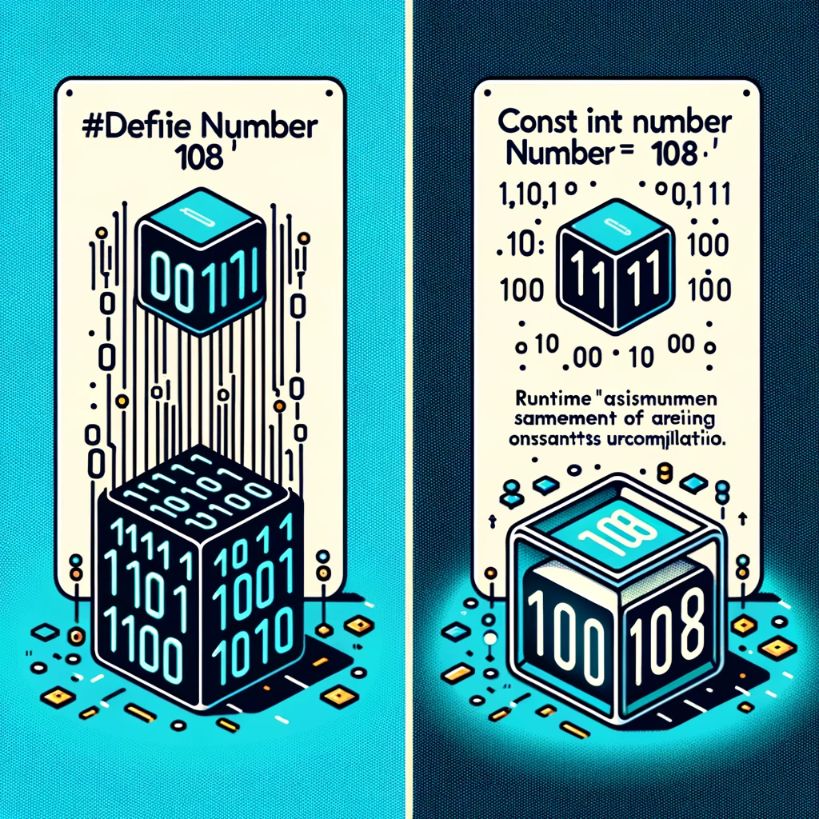While they both serve a similar purpose, #define and const act differently. When using #define the identifier gets replaced by the specified value by the compiler, before the code is turned into binary. This means that the compiler makes the substitution when you compile the application. Take for example:
#define number 108
In this case every instance of “number” will be replaced by the actual number 108 in your code, and this means the final compiled program will have the number 108 (in binary).
On the other hand, when you use const and the application runs, memory is allocated for the constant and the value gets replaced when the applicaton is ran:
const int number = 108;
Nathan Pakovskie is an esteemed senior developer and educator in the tech community, best known for his contributions to Geekpedia.com. With a passion for coding and a knack for simplifying complex tech concepts, Nathan has authored several popular tutorials on C# programming, ranging from basic operations to advanced coding techniques. His articles, often characterized by clarity and precision, serve as invaluable resources for both novice and experienced programmers. Beyond his technical expertise, Nathan is an advocate for continuous learning and enjoys exploring emerging technologies in AI and software development. When he’s not coding or writing, Nathan engages in mentoring upcoming developers, emphasizing the importance of both technical skills and creative problem-solving in the ever-evolving world of technology.
Specialties: C# Programming, Technical Writing, Software Development, AI Technologies, Educational Outreach




